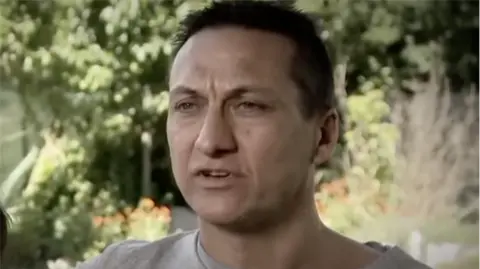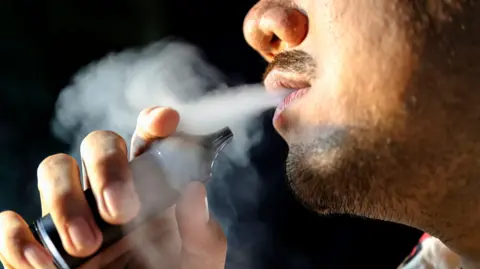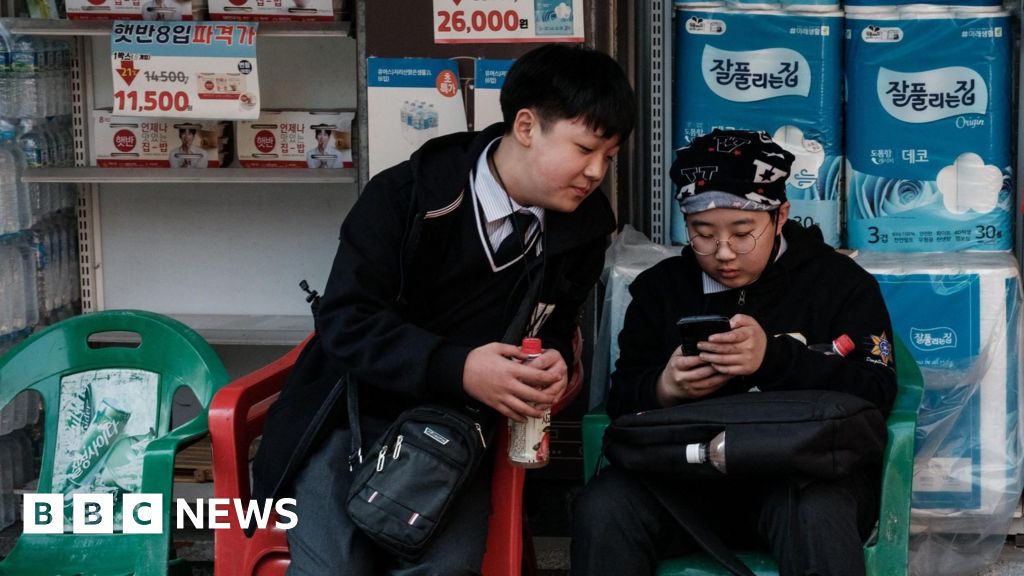In a positive turn for public health, new research reveals a marked decline in vaping rates among school-age children in Australia, following the government’s stringent ban on disposable vapes. According to Cancer Council Australia's latest survey, Generation Vape, vaping among 14 to 17-year-olds plummeted from 17.5% in early 2023 to 14.6% by April 2024. The study also indicates that overall vaping rates for individuals aged 15 and older have dropped by more than a third.
Australian Health Minister Mark Butler emphasized that these findings signify a pivotal change in the battle against youth vaping, stating that authorities have confiscated over 10 million illegal vapes in the past year as part of ongoing efforts. The new legislation, effective from July 2024, prohibits the manufacture, import, advertisement, and supply of single-use vapes. Now, nicotine vapes are only legally available through a pharmacy with a valid prescription. However, a persistent black market for these vapes continues to pose challenges.
Similar legislative measures have been implemented in the UK, where the sale of disposable vapes was banned earlier this year. Health experts note that while vaping is perceived as safer than traditional cigarettes due to the absence of harmful tobacco, it is not without risks, and the long-term health effects remain uncertain.
The Australian government's initiatives have aimed explicitly at reducing the appeal of vaping among youth. The Generation Vape study revealed that 85.4% of surveyed adolescents, drawn from over 3,000 participants aged 14 to 17, had never tried vaping. Furthermore, curiosity about vaping has waned, with less than one-third of teenagers expressing any desire to vape.
Changing perceptions of vaping were also highlighted in participant interviews, as many current or former vapers reported feelings of shame or embarrassment regarding their use of vapes. Despite a decrease in self-reported access to vapes among teens, tobacco and vape shops continue to be significant sources for those products, which raises concerns about compliance with new regulations.
Minister Butler expressed optimism that Australia has surpassed the peak of vaping, acknowledging the ongoing battle against not only vaping but illicit tobacco as well. Tobacco use, despite Australia's robust anti-smoking laws, remains the leading cause of preventable deaths, accounting for over 24,000 fatalities each year.
Australian Health Minister Mark Butler emphasized that these findings signify a pivotal change in the battle against youth vaping, stating that authorities have confiscated over 10 million illegal vapes in the past year as part of ongoing efforts. The new legislation, effective from July 2024, prohibits the manufacture, import, advertisement, and supply of single-use vapes. Now, nicotine vapes are only legally available through a pharmacy with a valid prescription. However, a persistent black market for these vapes continues to pose challenges.
Similar legislative measures have been implemented in the UK, where the sale of disposable vapes was banned earlier this year. Health experts note that while vaping is perceived as safer than traditional cigarettes due to the absence of harmful tobacco, it is not without risks, and the long-term health effects remain uncertain.
The Australian government's initiatives have aimed explicitly at reducing the appeal of vaping among youth. The Generation Vape study revealed that 85.4% of surveyed adolescents, drawn from over 3,000 participants aged 14 to 17, had never tried vaping. Furthermore, curiosity about vaping has waned, with less than one-third of teenagers expressing any desire to vape.
Changing perceptions of vaping were also highlighted in participant interviews, as many current or former vapers reported feelings of shame or embarrassment regarding their use of vapes. Despite a decrease in self-reported access to vapes among teens, tobacco and vape shops continue to be significant sources for those products, which raises concerns about compliance with new regulations.
Minister Butler expressed optimism that Australia has surpassed the peak of vaping, acknowledging the ongoing battle against not only vaping but illicit tobacco as well. Tobacco use, despite Australia's robust anti-smoking laws, remains the leading cause of preventable deaths, accounting for over 24,000 fatalities each year.


















